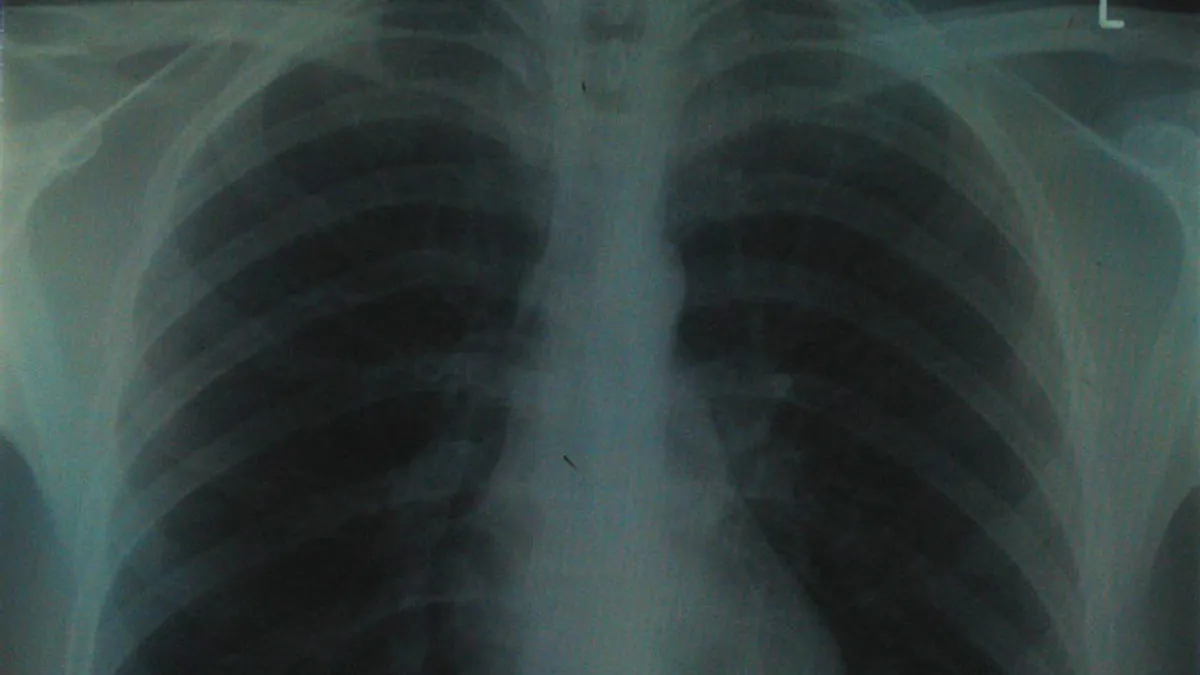Dive Brief:
- Johnson & Johnson highlighted research Monday suggesting use of its Ethicon unit surgical stapler in a lung cancer procedure led to less than half the rate of air leak complications than a stapler with a different design made by Medtronic.
- The data show graduated staple lines created with Medtronic's Endo Gia Tri-Staple technology resulted in air leaks in 44% of cases, compared with 20% for Ethicon's Echelon Flex GST system. The Ethicon GST device creates uniform closed staple line heights.
- The study, funded by Ethicon, simulated intraoperative and postoperative breathing conditions in 110 sets of excised and stapled porcine lungs.
Dive Insight:
The $4 billion global market for surgical stapling devices is dominated by J&J and Medtronic, via its 2015 acquisition of Covidien. The market is expected to grow at a healthy compound annual rate of more than 8% through 2025 due to an increasing preference for staples over sutures, according to a recent report from Grand View Research.
Air leaks are a common complication in a lobectomy, a type of lung cancer surgery in which one lobe of the lung is removed. A 2012 study of air leaks following partial lung resection, published in the Annals of the Royal College of Surgeons of England, concluded that meticulous surgical technique could reduce their incidence.
Study authors in the J&J-sponsored research focused specifically on air leaks stemming from staple lines. The researchers used a novel physiologic lung model to evaluate air leaks associated with graduated and uniform staple designs.
In addition to the findings on stapler design, the study also found that negative pressure ventilation was associated with a higher occurrence of leaks, compared to positive pressure ventilation. Lungs leaked more air and at a faster rate under negative pressure ventilation, compared to positive pressure ventilation, which was used to replicate ventilator-assisted breathing conditions during surgery, the researchers said.
Graduated staple designs were associated with higher occurrence of leaks as well as larger leak rates, compared to uniform staples, the study said. Tissue thickness was not associated with differences in air leaks.
J&J said the results will be announced this week at the 2019 Society of Thoracic Surgeons annual meeting. The study was published online in December in the journal Medical Devices: Evidence and Research.










